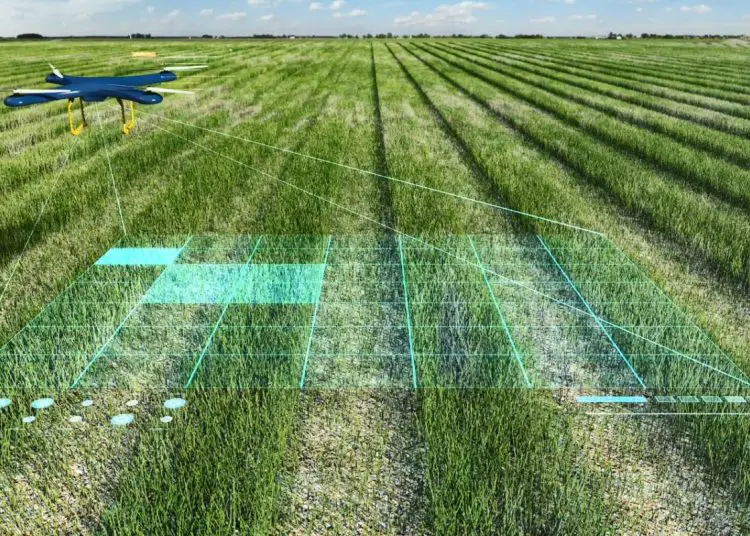- Africa desperately needs employment transformation, an increase, especially in the employment percentage of wage jobs
- Evolving technology advancements are transforming jobs worldwide, which has been a cause of both pleasure and grief, but mostly grief, in recent years
- Most people are now able to work from home due to enhanced video technology and the internet of things (IoT) and a handful have lost their jobs to sophisticated robotics
Evolving technology advancements are transforming jobs worldwide, which has been a cause of both pleasure and grief, but mostly grief, in recent years.
Most people are now able to work from home due to enhanced video technology and the internet of things (IoT) and a handful have lost their jobs to sophisticated robotics.
The Coronavirus pandemic has highlighted this challenge when workers the world over were forced to adjust to the “new normal”. Predicting the influence of emerging Fourth Industrial Revolution (4IR) technologies on global job possibilities is now a profession. However, one would beg to question the relevance of technology to Africa’s contemporary issues and choices.
Read: Daraja La Ajira Expo: Tanzania hosts youth employment expo
Concentrating on Africa’s present economic development challenge and how to expedite the process of economic transformation, is critical to investigating the possibilities for 4IR technology to assist and accelerate this process. A realistic expectation is that 4IR technology will contribute significantly, as technical innovation has been a primary driver of economic growth and progress since the steam engine and electricity were invented.

On the contrary, there is great excitement elicited from various sectors on the prospect of 4IR technology assisting farms and formal and informal businesses in Africa to lower production costs, expand their markets through productivity enhancement, and grow employment and incomes.
The fourth industrial revolution in the Service sector
Within the service industry, 4IR creates a potential for new goods and processes enabled by technology. As demand develops in lockstep with income, possibilities exist as African countries resume economic growth. Because technology complements rather than replaces labour in many service industries where formal companies and employment dominate, the adoption of technology should develop new formal wage positions for young and educated job seekers.
Adoption of 4IR technology may also result in improvements in job quality (e.g., earnings, income security) in the large non-farm informal sector (63 per cent of total employment)—for example, by the use of online stores and channels to find customers and satisfy their needs safely and efficiently.
Read: Internships in Africa, how companies could stem unemployment tide
The fourth industrial revolution in Agriculture
By removing information frictions that contribute to risk, 4IR technology has the potential to boost productivity, enhance farm revenues, and alleviate rural poverty while also providing significant environmental advantages. However, long-standing barriers to technology adoption must be overcome, implying that technology-enabled agriculture will not become a characteristic of small- and medium-scale farming in Africa anytime soon.
Adopting new technologies will not result in a significant increase in employment, as the agricultural sector has been losing its share of employment for years due to better prospects elsewhere.

For the manufacturing sector, which has lately increased its share of production and employment in low- and middle-income nations in Sub-Saharan Africa, 4IR technology may create new options for smaller-scale production for domestic and regional markets. However, the industry is unlikely to continue expanding its job share, given that 4IR technology is labour-saving when applied to manufacturing.
There is much worry about the long-standing barriers to technology adoption already in place in Africa. Producers who do not innovate will lose market share to the rest of the globe.
However, new technology is an investment and will be implemented only if a producer has access to markets for their products and services and can obtain the necessary supplementary inputs (including power and transportation of goods to market) at a competitive price. This emphasizes the need for:
- Developing, running, and maintaining infrastructure, mainly information and communications technology.
- Strengthening the financial sector to lower the cost of financing new investments.
- Lowering regional trade barriers.
The public and private sectors must collaborate on strategy and execution to be successful.
Africa desperately needs employment transformation, an increase, especially in the employment percentage of wage jobs. Given the present rate of labour force expansion, this will take time. Africa cannot afford to allow the allure of new technology to divert attention away from necessary steps to enhance wages development in the agricultural and non-farm informal sectors—household farms and businesses.
Consciously guiding technology progress in a way that maximizes advantages and minimizes costs for everybody will be critical to success. Countries require comprehensive, effective, and implementable plans that address the many concerns unique to each country while assuring inclusiveness. Policies primarily focused on assisting and catering to the high-tech industry would worsen inequality, which is an undesirable outcome.
Read: 2021 Africa Industrialization Day: Bracing for a Green Industrial Revolution











